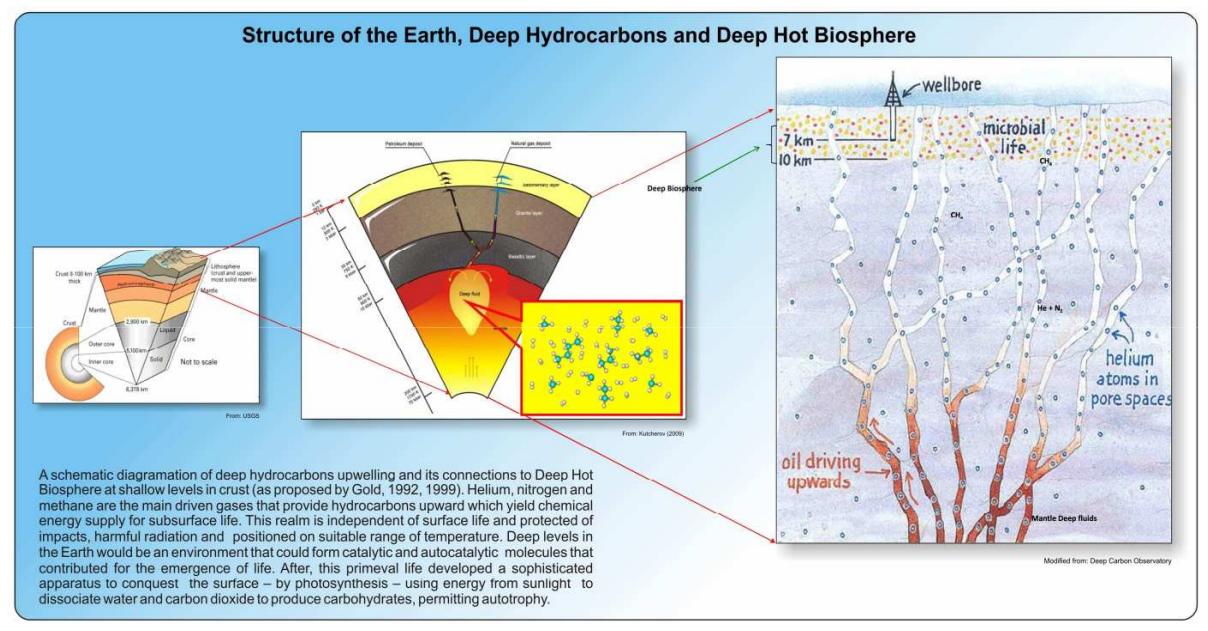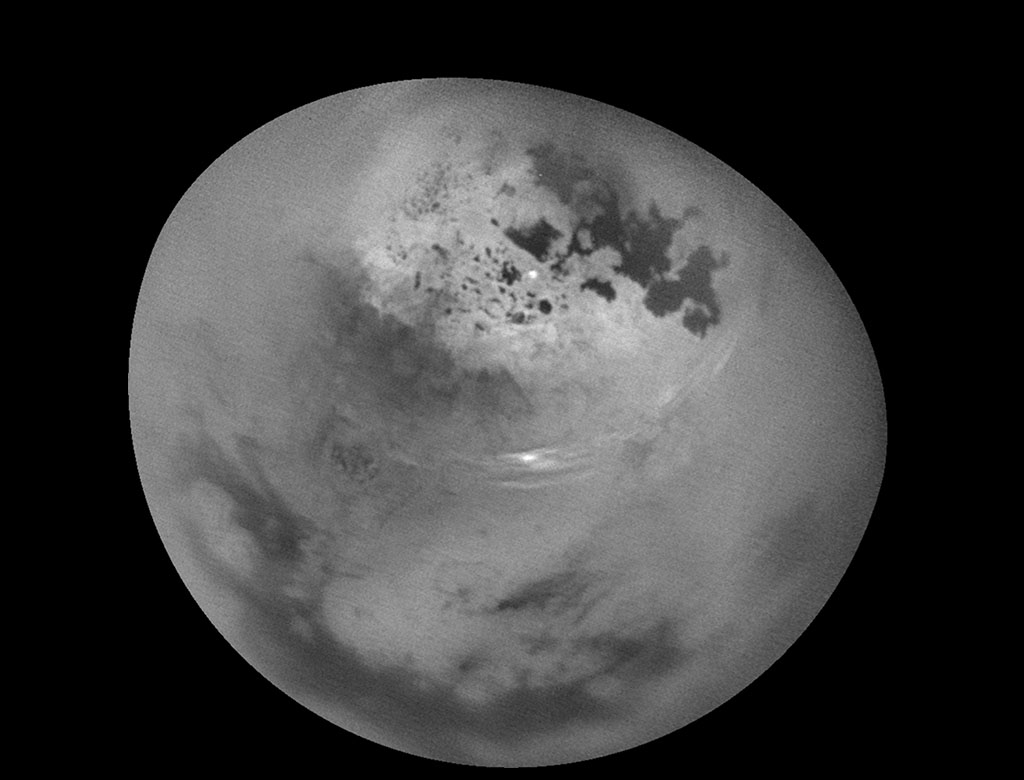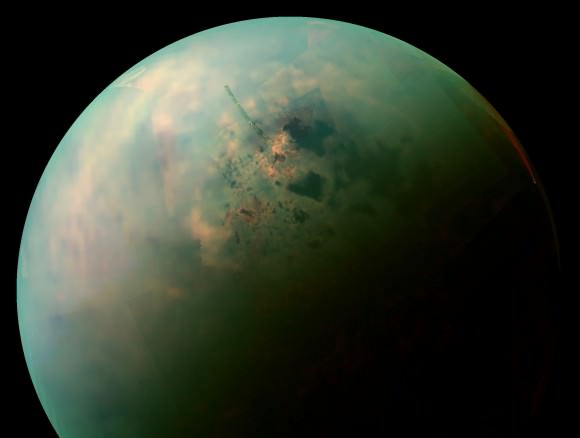Reference




Reference




Moonshot's Answer
The presence of methane on moons and planets, such as Titan and Enceladus, supports the abiogenic petroleum theory by providing evidence that hydrocarbons can form without biological processes. Abiogenic theory suggests that hydrocarbons originate from deep within the Earth, possibly from serpentinization reactions involving water and rock at high temperatures. Methane on celestial bodies indicates that similar chemical processes could occur underground on Earth, leading to the formation of hydrocarbons.
While the mainstream scientific consensus supports a biogenic origin for petroleum, the detection of methane on other celestial bodies challenges this view and opens up the possibility that hydrocarbons can be generated inorganically. This supports the abiogenic theory, which posits that hydrocarbons are primordial materials that form deep within the Earth's mantle and migrate upwards.
For more detailed information, you can refer to resources such as Wikipedia, which provides an overview of the abiogenic petroleum origin hypothesis, or NASA's article on methane in Titan's atmosphere, which discusses the potential for methane formation on moons and planets.
Follow Up
Related
What are some arguments for and against abiogenic petroleum production?
Why are diamondoids in natural hydrocarbons evidence against abiogenic sources?
What significance do the intersections of faults have in the abiogenic theory of petroleum origin?
How is the distribution of metals in crude oils used to argue for an abiogenic origin?
What is the primary difference between biogenic and abiogenic theories of petroleum origin?